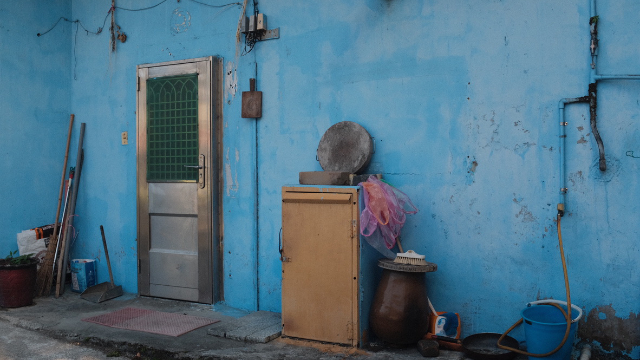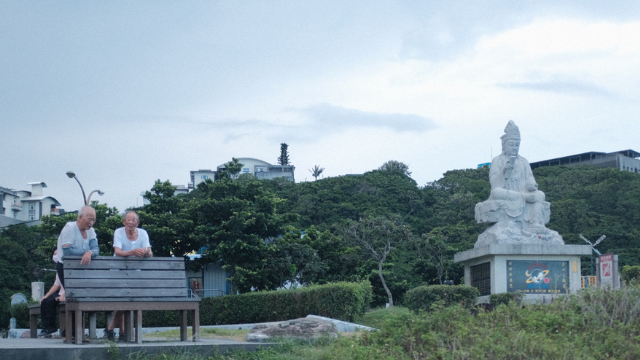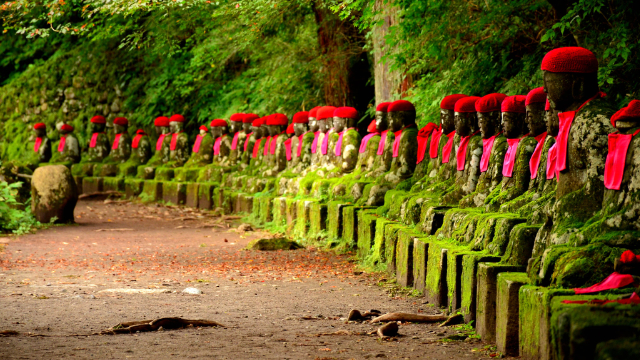Sanjyot Mehendale
Buddhist Studies Program
Sanjyot Mehendale received her B.A.(Art and Archaeology) from the University of Amsterdam and her M.A. (Art and Archaeology) from the Rijksuniversity of Leiden, The Netherlands. She obtained her Ph.D. (Near Eastern Studies) in 1997 from the University of California at Berkeley. Since 1997, she has been teaching on Central Asia and Silk Road art and archaeology in the Department of Near Eastern Studies. In Fall 2007, she taught "Buddhism along the Silk Road" under the auspices of the Group in Buddhist Studies. From 2001-2005, she was the co-director of the Uzbek-Berkeley Archaeological Mission (UBAM); she is currently developing a new joint archaeological project in Sri Lanka. During the same period, she was Executive Director of the Caucasus and Central Asia Program under the auspices of the Institute of Slavic, East European and Eurasian Studies. Among Dr. Mehendale's main research concerns is a focus on the Kushan period, in particular on trade and cultural exchange and the relationship between Kushan kingship and Buddhist institutions. A recipient of a National Endowment for the Humanities Fellowship, she has developed, in collaboration with the Electronic Cultural Atlas Initiative, a digital archive of the Begram ivory and bone carvings, which were once housed in the National Museum in Kabul, Afghanistan (www.ecai.org/begramweb). The author of several articles on Silk Road art and archaeology, she is the co-editor of Central Asia and the Caucasus: Transnationalism and Diaspora (Routledge, 2005), and is currently working on a book on the Begram carvings. Under the auspices of the Center for Buddhist Studies, Sanjyot Mehendale serves as the program coordinator for its Silk Road Initiative.





